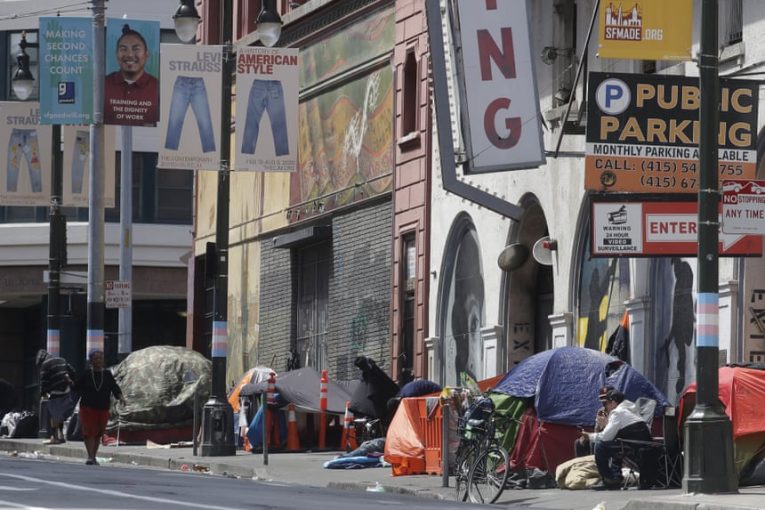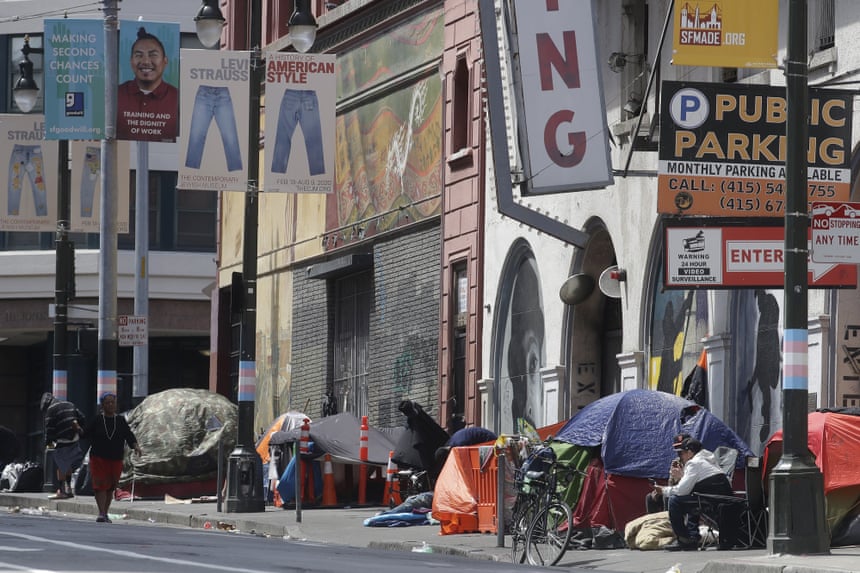

By David M. Greenwald
Executive Editor
San Francisco, CA – Last week it was reported that appointed DA Brooke Jenkins recently filed over a dozen cases where the only charge was possession of drug paraphernalia.
Jenkins told the SFGATE that she had no hand in the filing of those charges.
“I have made no policy changes in regards to charging for simple drug possession and paraphernalia,” she said in a statement to SFGATE. “My office will immediately withdraw these charges as they were done out of accordance with our office’s policy. I am focused on holding serious drug dealers, particularly those dealing fentanyl, accountable and not targeting and incarcerating those suffering from addiction. We will take the appropriate steps internally to ensure that our staff is following our policy.”
Public Defender Peter Calloway told the Vanguard he was skeptical of the DA’s claims.
“I think either it’s suggesting disarray, chaos, incompetence, or some combination, none of that’s good or she’s lying,” Calloway said. “In either case she’s stepping back only from the most egregious of the sort of drug war policies that she and the mayor are advancing.”
Calloway explained that 17 complaints were identified as standalone 11364 (Health & Safety Code section 11364 on drug paraphernalia) charges. Ten of those were to be arraigned the day that the story broke that those charges had been withdrawn, while the other seven were added to the calendar for bench warrants to be recalled and the cases to be withdrawn.
Mano Raju, the elected public defender of San Francisco, immediately pushed back with a strongly worded statement: “I denounce these charging decisions by District Attorney Jenkins. San Francisco must not regress to the inhumane, cruel, and costly war on drugs.”
Calloway expressed concern over the overall thrust and shift of the mayor and the new DA’s office.
He added, “The other policies, mainly prosecuting dealers, and making less available to them, charges that would take into consideration their immigration status, those policies are, are as lacking in evidence as prosecuting drug users.”
Calloway believes, “There’s plenty of literature out there showing that these policies are going to kill people.”
Research suggests taking a drug user out of their environment for a few days or weeks brings their tolerance way down, and so when they go back out and start using again the same amount as before, some of them will overdose and end up dying.
“They claim that this is about the overdose crisis,” he said. “The fact that these policies are, are directly contrary to their stated goals reveals to me that their stated goals are not their actual ones.”
Raju in his statement noted, “We cannot arrest, prosecute, and cage our way out of a public health crisis. Every dollar spent on this misguided strategy is a dollar lost. We must instead invest in public health solutions that have proven to be effective, including housing, jobs, healthcare, and education—all of which have been drastically underfunded for decades.”
Matt Gonzalez, the chief attorney at the San Francisco Public Defender’s Office, said that the war on drugs did not have the intended impact.
“The use of drugs should be treated as a health matter,” he told the Vanguard. “What we should be focusing on is whether or not anyone that’s actually using drugs commits crime as a result of intoxication or things like that.”
Has the pendulum swung back toward the days of the war on drugs? Gonzalez thinks that’s what the appointed DA seems to believe.
“We’re going to go through a period where they’re going to be ‘tough on these cases,’” he explained. “The problem they’re going to run up against is, is very fundamental.”
Gonzalez explained that things like diversion programs and plea bargaining were not created to help or aid the defense.
“They actually were created to deal with just fundamental reality that the system actually cannot prosecute all of these cases,” he said.
He said, “The reality is if they want to go to trial in every single case, let’s do it. I mean our clients do better when they go to trial.”
Part of that is that they often win their cases, “but even if they don’t,” Gonzalez said, “the judge who is going to be imposing a sentence actually has to consider their individual circumstances when meting out some kind of punishment.”
He believes there is now a “societal desire to decriminalize drug use. So you have all kinds of diversionary opportunities, even post-trial.”
Jenkins was appointed in part because of the public’s frustration at homeless encampments.
“You’re not going to solve these problems with the criminal justice system, because the only tools at your disposal as a prosecutor are going to be let’s put people in jail for a while.”
He sees that a disruption to getting services that they need.
Instead of using law enforcement and the courts, Gonzalez said, “And Boudin spoke about this, I think quite eloquently, is that many of these issues need to be addressed by lawmakers at city hall with the services that we provide, we should be focused on why is there a wait list for someone to get the services and housing that they need, and things of that nature.”
Reacting with frustration and using law enforcement, he believes, “is just going to frankly deepen the problem.”

